At just 19 years old, indie pop singer-songwriter Ridi Oswal captivates audiences with her unique blend of Indian heritage and Western influences, showcased in hits like Merry Go Round and Happier, garnering over 65,000 monthly listeners on platforms like Spotify, while her latest single, Guilty Feet, is a vibrant testament to self-love and the unapologetic expression of women's desires. Read her in interview below;
1. How do you reflect on your journey as a leading artist?
Honestly, reflecting on my journey feels like I've been on this crazy rollercoaster, but instead of terrifying drops, it’s filled with beats and lyrics. Dealing with bullying for being different made me turn to music—it was my safe space. Now, standing here as an artist, it blows my mind how those tough times kind of sculpted me into who I am. It’s wild to think that the music I made from those experiences is now something people from all corners of the world tune into. It’s more than just making tracks; it’s about connecting, sharing bits of my soul, and, hopefully, making someone else’s journey a bit brighter.
2. Tell us more about that creative process.
My creative process is like this ongoing jam session with life itself. It all starts with a spark—maybe a moment, an emotion, or a snippet of a conversation that just sticks. My personal experiences, especially the challenges like dealing with bullying or feeling caught between cultures, fuel my songwriting. They're not just stories; they're the raw material for my music. I dive into these experiences, turning them into lyrics and melodies that resonate. Mixing my Indian roots with the global sounds I've fallen in love with is central to my process. It's about creating a space where these influences can dance together, producing something that feels both deeply personal and universally relatable. This journey of turning the personal into the universal is what drives me. It’s crafting tunes that not just echo my life but, hopefully, speak to the hearts of others, too.
3. Were you anticipating the widespread popularity of your music when you began your career?
Starting out, I just wanted my music to be this little light for someone out there, maybe someone who’s felt like an outsider like I did. Seeing my songs reach across oceans and touch so many lives? That was never in my wildest daydreams. It’s this surreal, heartwarming feeling to know that what began as a personal escape turned into something that resonates with millions. It’s not about the fame; it’s that connection—knowing that my music might be a friend to someone when they need it most. That’s the real success for me.
4. What is your journey behind your newest Love Me Until You Lose Me
"Love Me Until You Lose Me" was like piecing together a puzzle of my own growth and realizations about love’s tricky sides. It was an exploration, not just of melodies and lyrics, but of what it means to truly put yourself first in the tale of love. This song is a snapshot of where I’m at, learning to navigate the balance between giving love and not losing myself in it. It’s been a journey of not just creating music but also discovering more of who I am and the kind of love I believe in—one that empowers and frees.
5. What is your inspiration behind this new single?
This single hit me in a phase of self-reflection, thinking about how love is such a complex dance. Inspired by my own twists and turns with relationships, “Love Me Until You Lose Me” is all about the bravery in loving yourself enough to walk away when love feels more like a cage than wings. It’s this anthem for anyone wrestling with their worth in the shadow of love, reminding us that sometimes, the most loving thing you can do for yourself is to choose your own well-being. It’s a piece of my heart, hoping to light the way for others in their journey of love and self-discovery.
6. What are your future plans?
The plan is to keep fueling my creativity and see where it takes me. There are so many stories yet to tell, melodies yet to explore, and hearts yet to touch with my music. “Love Me Until You Lose Me” is just the beginning. And I am is humble after receiving such a great and huge response for it. Even the last single ‘Guilty Feet’ was trending in India for over a month since its launch. I felt grateful.
And now, I'm eager to explore new musical territories, experiment with different sounds, and maybe, just maybe, work towards releasing an album that truly represents the essence of my artistry. More than anything, it's about deepening the connection with my listeners, sharing stories that resonate and journeys that inspire. I am confident to explore new horizons, make unforgettable memories, and bring more of my musical visions to life. Stay tuned for what's next—there’s a whole world of music we have yet to explore together.


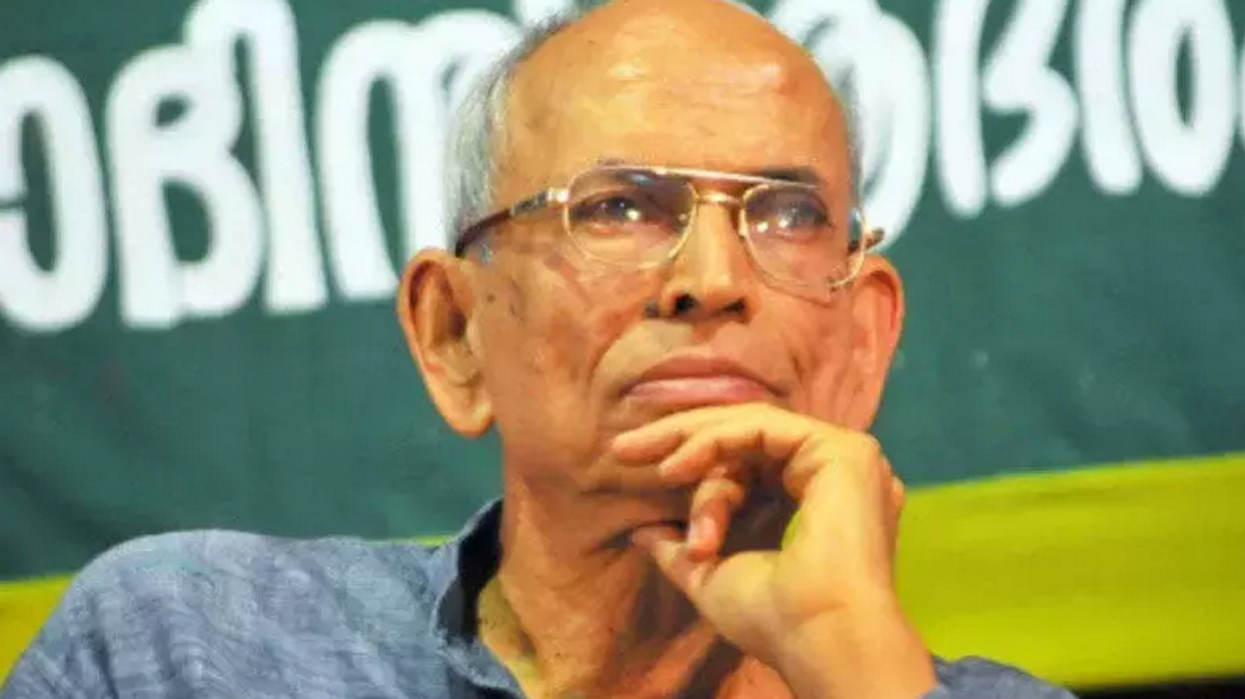
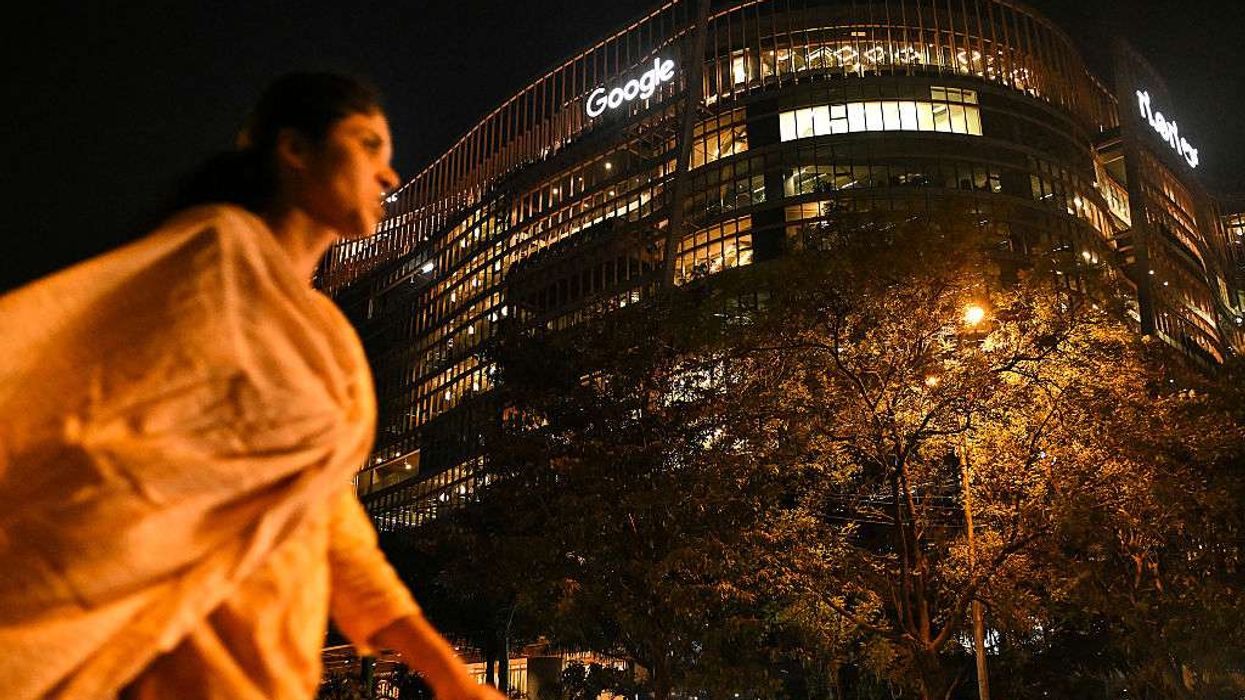
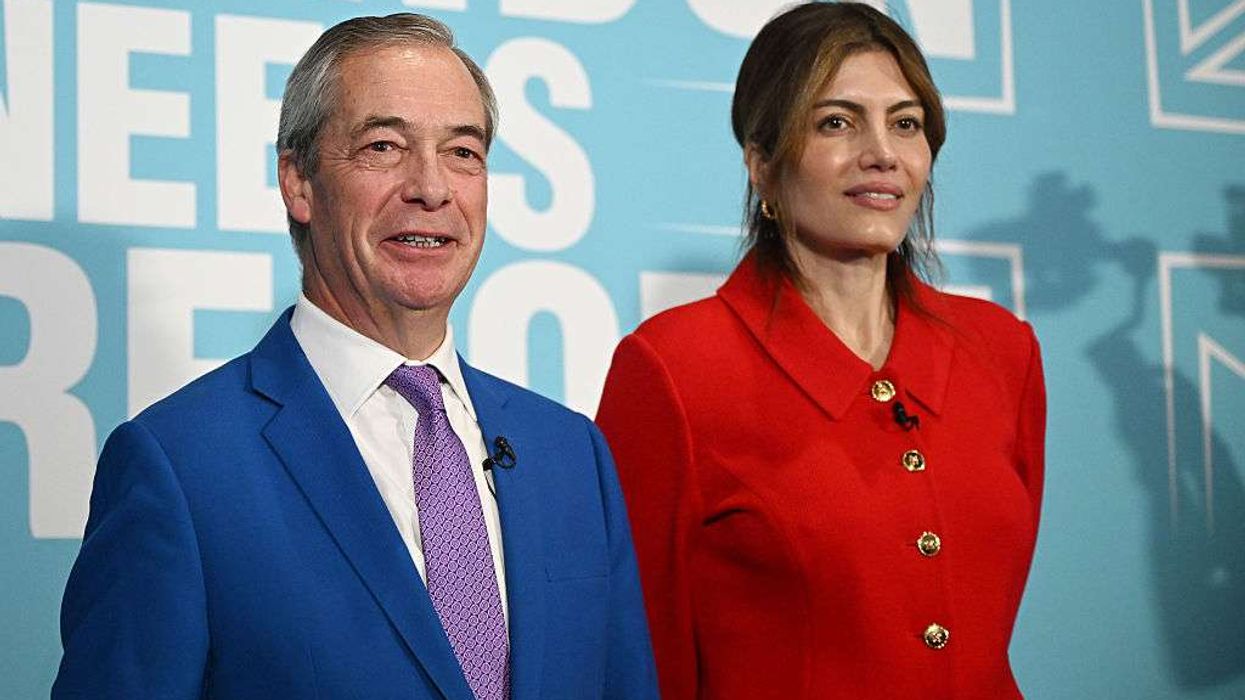
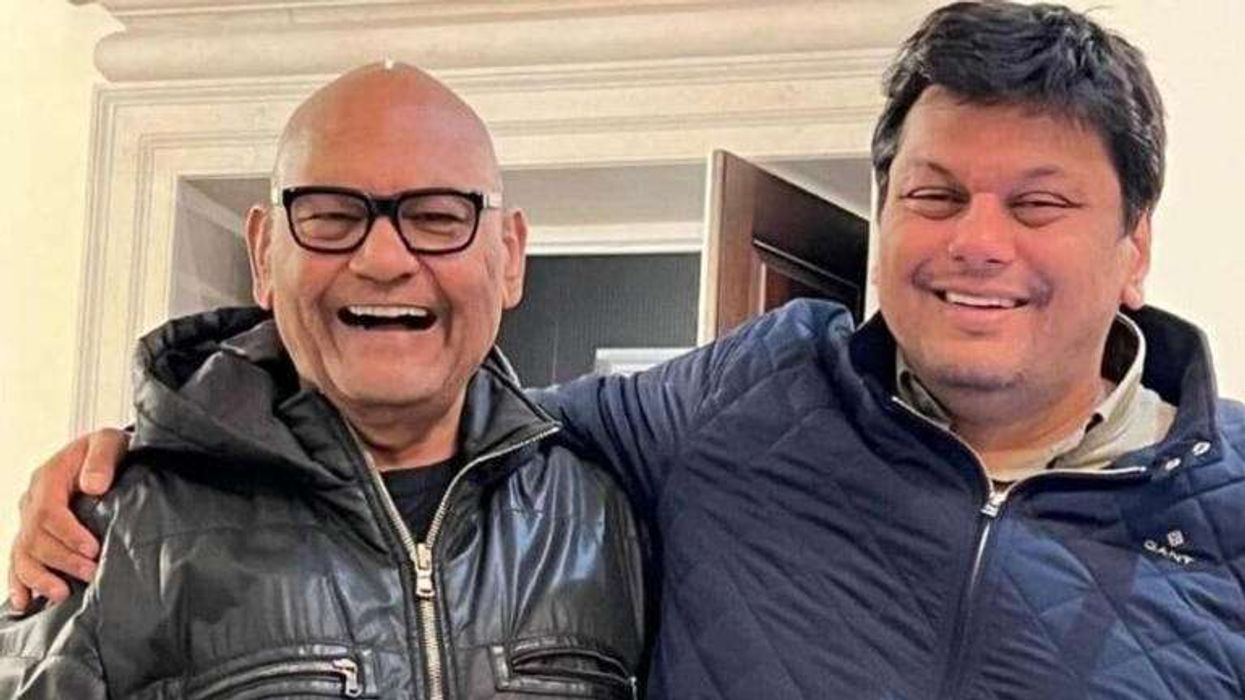
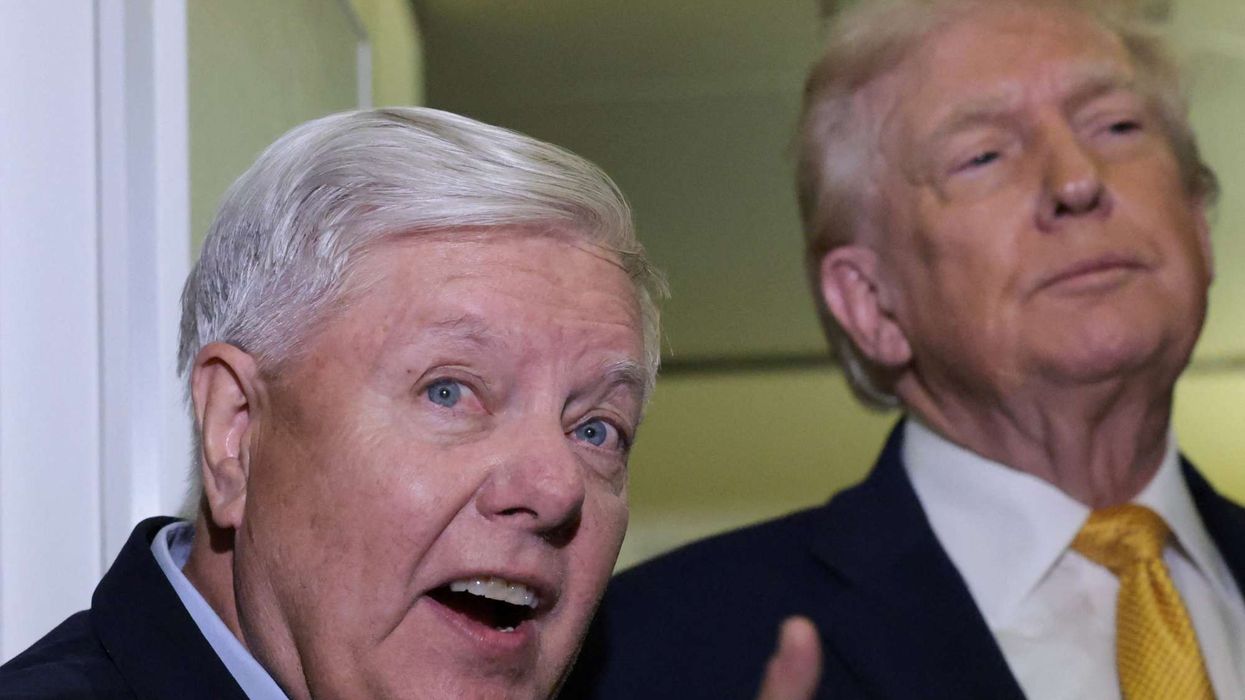
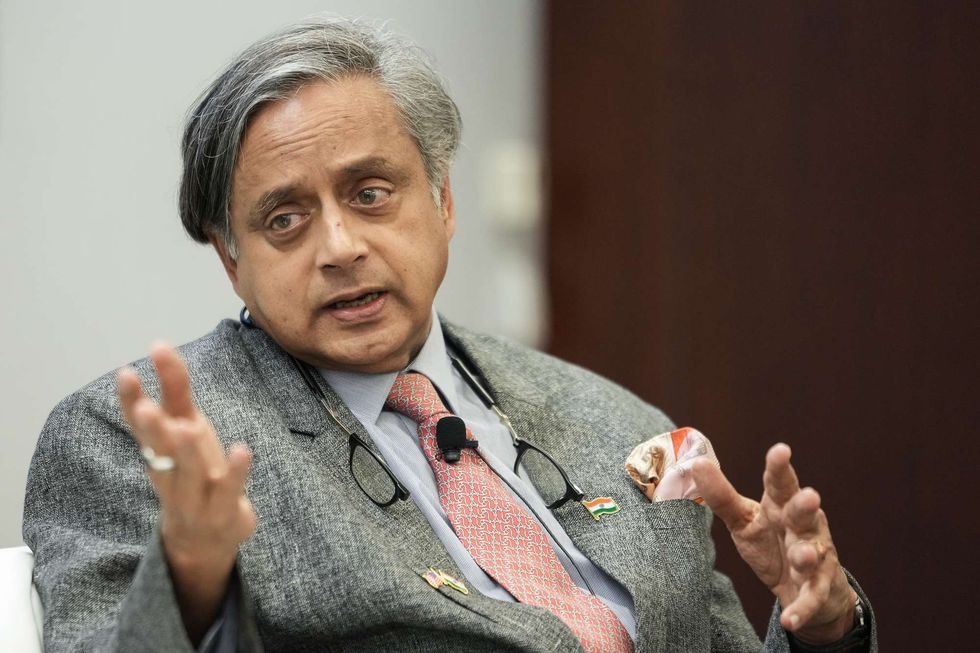 Shashi Tharoor
Shashi Tharoor Nicolás Maduro arriving at the Down town Manhattan Heliport.
Nicolás Maduro arriving at the Down town Manhattan Heliport.





